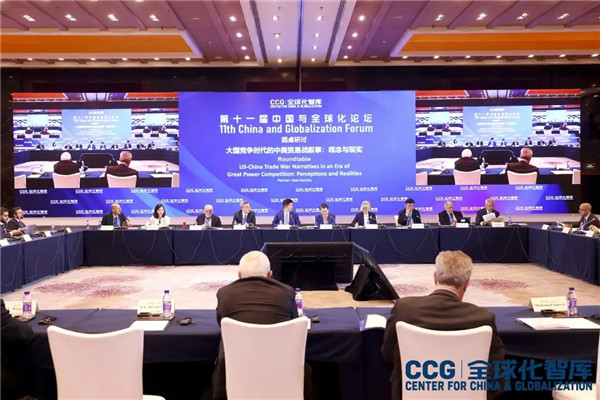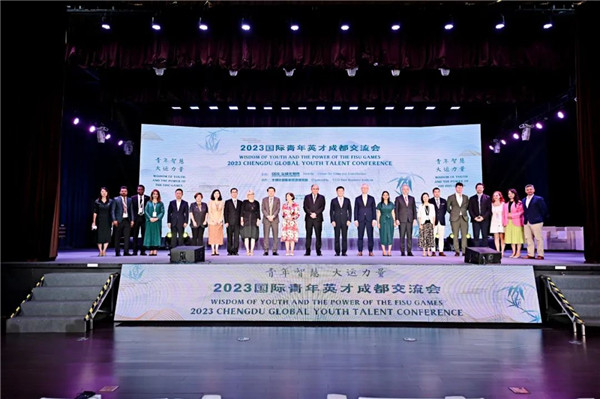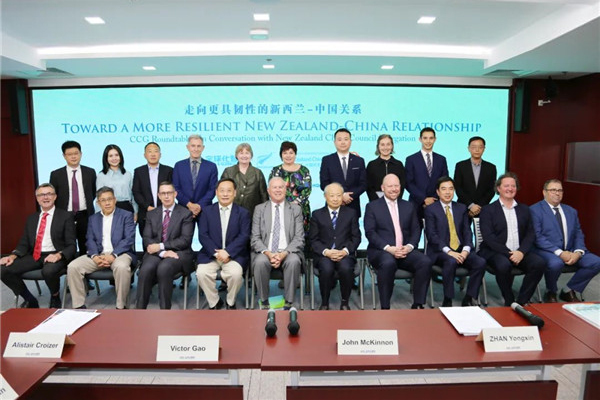China-South Asia Think Tank Summit Proposed at CCG Belt and Road Initiative Seminar
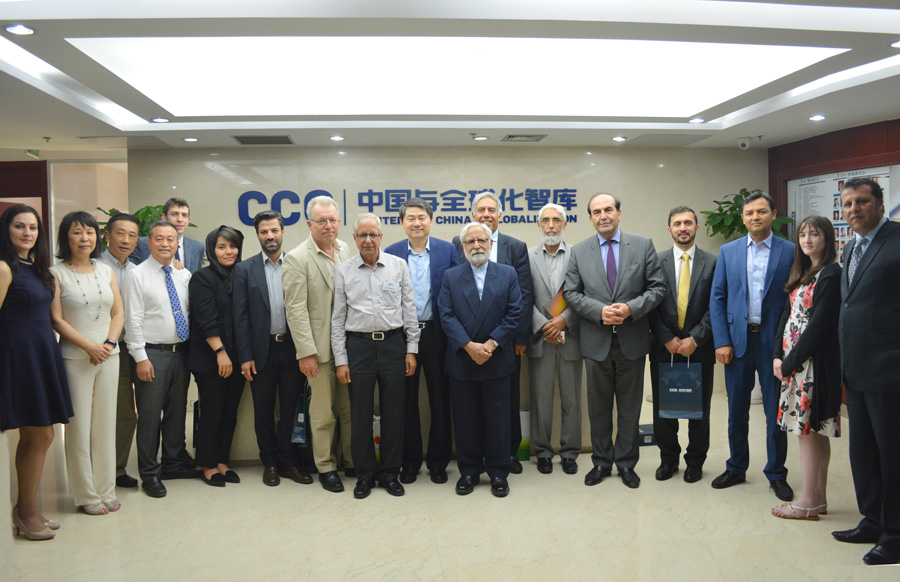
More than 20 government officials, think tank scholars and corporate executives from Afghanistan, Pakistan, Iran, India and the United States met at CCG headquarters on June 16, 2017, and proposed an idea to hold a seven-country think tank summit to provide advice on the implementation of the Belt and Road initiative in South Asia.
At the latest seminar of CCG “Belt and Road” Institute, the delegations from the five countries also joined CCG scholars in the discussion about the prospect of the BRI in South Asia and Chinese companies’ business strategies in the region accordingly.
The seminar was held as the international and regional cooperation is entering into a new phase since the “Belt and Road” Forum for International Cooperation in May. South Asia, as key component of the Asia-Europe Continent, has a crucial role in the BRI. Two of the six economic corridors to be constructed are located in the region – China-Pakistan and China-Bangladesh-India-Myanmar, and the total population in China and South Asia combined exceeds 3 billion. Therefore, how to explore the potential of business and trade relations between China and South Asian countries is highly important to the implementation of the BRI and building of the China-South Asia community of common destiny.
The visiting guests reviewed the political situation in South Asia and identified risk factors and potential solution, including Dr. Humayoun Qayoumi, Chief Adviser on Infrastructure and Technology to the President of Afghanistan; H.E. Syed Naveed Qamar, member of the National Assembly and former Federal Minister for Petroleum & Natural Resources of Pakistan; K.L. L. Thapar, Founder and Chairman of Asian Institute of Transport Development in India; Alireza Gholipour, director of Asian Studies Department at Iran Institute for Political and International Studies; Amb. Martin Fleischer, Vice President and Director of the Regional Security Program and head of EastWest Institute’s Brussels Center; and D.N.Raina, President of Entecsol International.
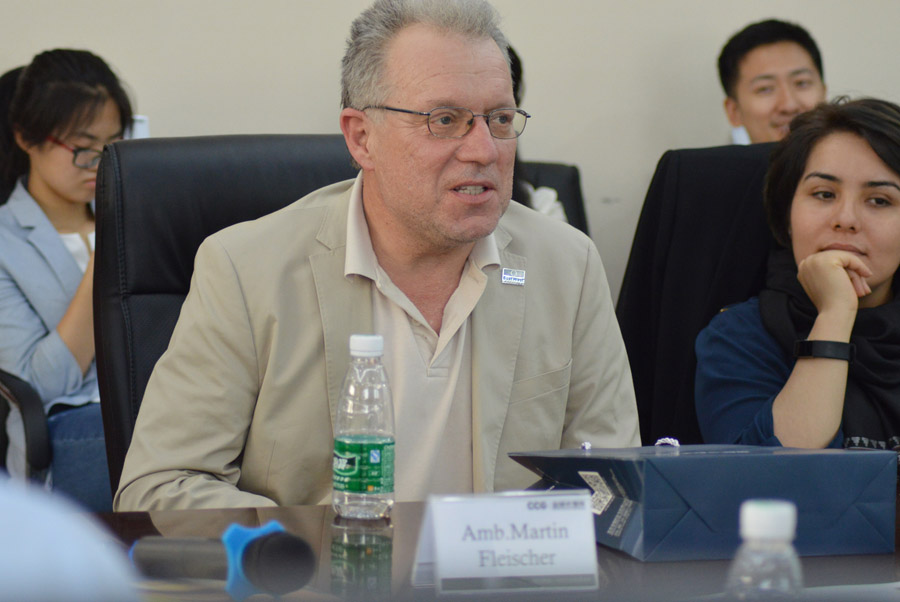
Amb. Fleischer who used to be based in China applauded CCG for establishing such a cooperation and exchange platform for China and South Asia. He suggested the think tanks from all the relevant countries in the region can draft a study report together to, for example, present their respective analysis and ideas about the situation in Iran, and call for support through to solution from international community including China leveraging CCG’s social influence.
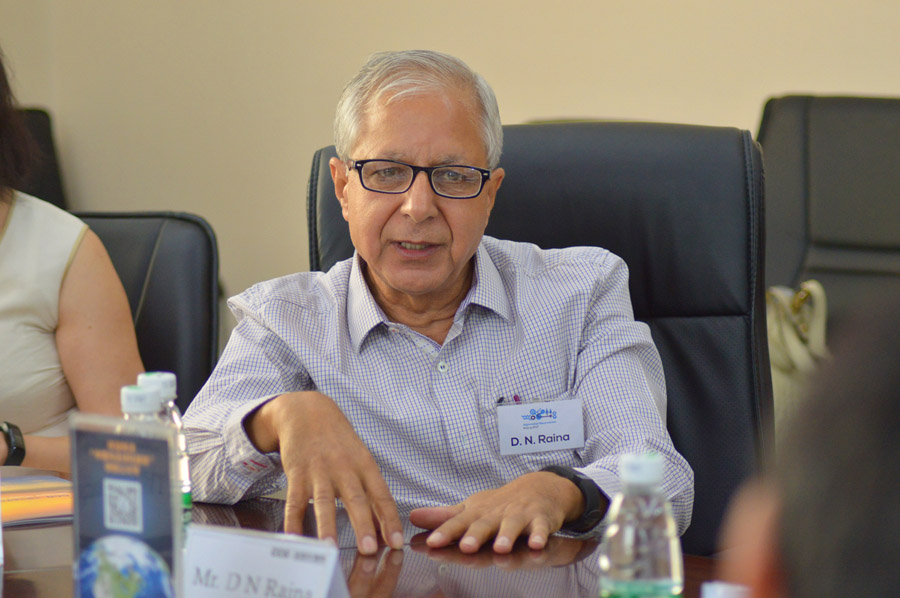
Mr. D.N.Raina proposed to establish a multilateral think tank summit mechanism in South Asia to enable exchange and cooperation, since the countries in the region more or less share some similarities and all have extensive think tank resource. The scholars from Pakistan, Iran, India, Afghanistan, China, Russia and the United States can be invited to such a summit to discussion the issues and prospect of the BRI countries.
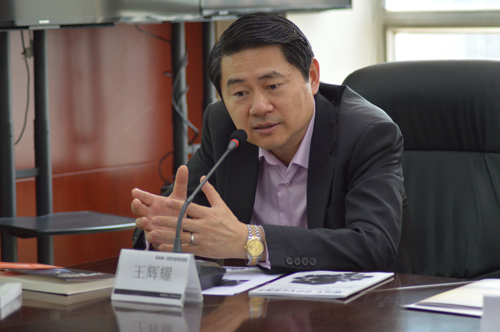
The proposal was welcomed and endorsed by other meeting parties. Considering China’s essential role in the connectivity in the region, CCG President Wang Huiyao suggests that CCG can serve as a host of such China-South Asia Think Thank Summit, where policymakers and scholars from the countries in the region can come together to explore the options how China’s BRI can play a constructive role in the regional cooperation and provide advice to improve policymaking.
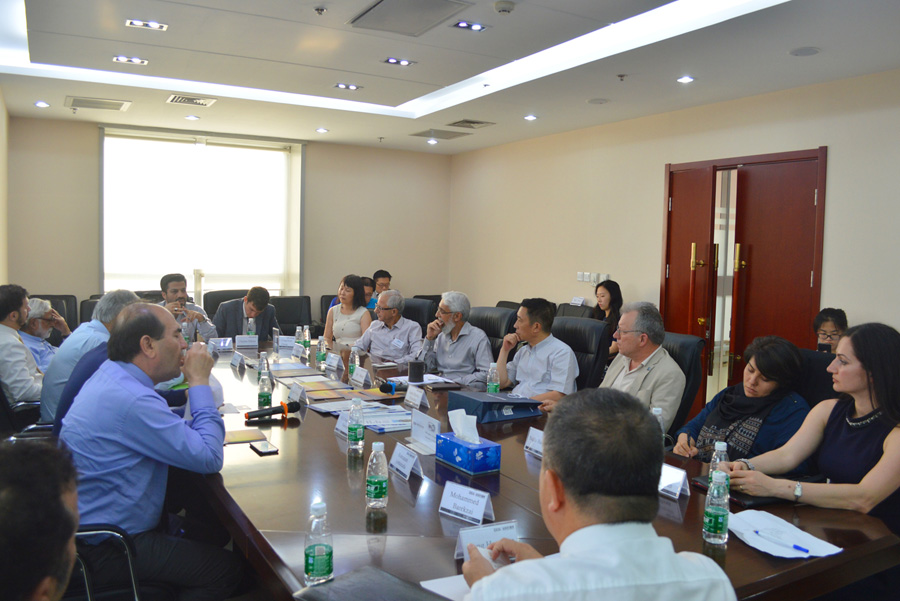
LocationBeijing
